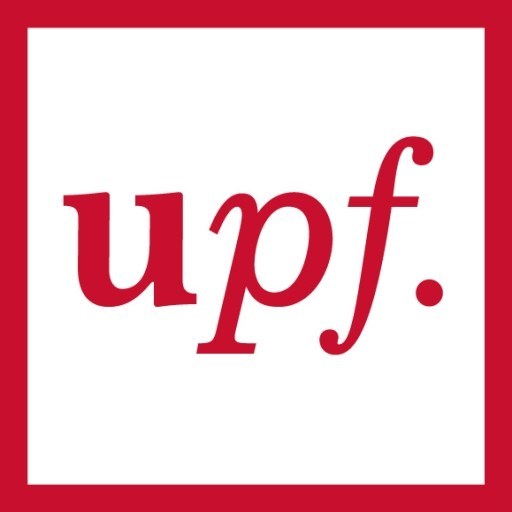The master's programme in Bioinformatics for Health Sciences is designed to provide professionals and researchers with skills and abilities geared towards the development of new computational strategies and IT systems for use in biomedical research.
One of the key features of this programme is the large percentage of optional subjects it offers, allowing students to train in a wide range of bioinformatics disciplines. At the same time, it has a clear professional orientation as witnessed by the inclusion of compulsory subjects on the design, management and exploitation of scientific research.
The programme is aimed at two types of candidates: holders of degrees in biological and health sciences (biology, medicine, biochemistry, biotechnology, pharmacy, etc.) and holders of engineering degrees or degrees in basic scientific disciplines (chemistry, physics, or mathematics).
Candidates must be interested in the development and application of computational tools for use in the field of biomedicine.
Module I: Economic and Social Aspects of Research
- Research Project Design and Management
- Science in Action
Module II: Research Project I
- Introduction to the Preparation of Research Projects
Module III: Research Project II
- Master's Degree Final Project
Module IV: Genome Bioinformatics
- Principles of Genome Bioinformatics
- Advanced Genome Bioinformatics
- Extraction of Information Technologies "OMICS"
Module V: Molecular Structure and Function
- Structural Bioinformatics
- Molecular Simulations
- Computer-Aided Drug Discovery
Module VI: Biological Aspects of Pathology
- Molecular Pathology of Systems
- Molecular and Cellular Pathology
Module VII: Biomedical Computing
- Applied Genomics: Genome-Phenome Analysis for Human Health
- Computational Systems Biology
- Analysis of Biomedical Images
Module VIII: Elements of Programming
- Introduction to PERL
- Databases and Web Design
- Introduction to Python
- High Performance Programming
- Introduction to Algorithms
Module IX: Basic Tools in Biocomputing
- Elements of Biocomputing
- Biomedical Data Analysis
- Elements of Mathematics
- Advanced Biocomputer Science Seminars
- Model Organisms in Biomedicine
- Genomes and Systems
- Cell Communication
- Genes and Cell Function
Module X: Computational Neuroscience
- Visual Perception and Recognition
- Computational Neuroscience
Module XI: Elements for Biomedicine
- Introduction to Biomedicine
Requirements
- Official undergraduate degree/diploma (or a bachelor's degree, a degree in engineering or architecture, diplomas, technical engineering and technical architecture diplomas, or, for foreign qualifications, the equivalent qualification awarded by an accredited higher education institution) and the academic transcript of the accredited official training with the average grade at the university of origin. Qualifications can be in the following academic areas: Biology, Medicine, Biochemistry, Biotechnology, Pharmacy, Veterinary studies, engineering studies, Chemistry, Physics or Mathematics or related degrees.
- Curriculum Vitae in English.
- A letter of motivation in English, stating the candidate's interest in following the master's programme (400 to 600 words).
- A (professional or academic) letter of recommendation signed by someone who really knows the candidate and can assess them. In order to optimise the treatment and security of the recommendation letters, the candidate will have to request those via the online application system, where he/she will need to indicate the e-mail adress of the person/the persons he/she wishes to be recommended by. That person will receive an e-mail indicating that the candidate wishes a recommenation letter from him/her. The letter will be uploaded by the referee in the online application system. Non-institutional addresses such as *yahoo, *gmail, *hotmail, etc... will not be accepted.
- Identity Card or Passport.
- Proof of English language (level B2). English: official Cambridge certificates (FCE or higher), with results of 6.0 at IELTS or 100 at TOEFL (iBT), will be accepted, among others.
- Professional experience in any of the fields related to the master's programme.(optional)
- Research experience.(optional)
- Teaching experience. (optional)
- Additional academic training in areas related to the master's programme.(optional)
Scholarships
- GRAL - General scholarships for students enrolled on post-compulsory studies.
- MATRC - Financial credential for the purposes of processing university enrolments without prior payment of the public prices for the academic services.
- UPF - Tuition fee scholarship for university master's degree students
- Global Education




